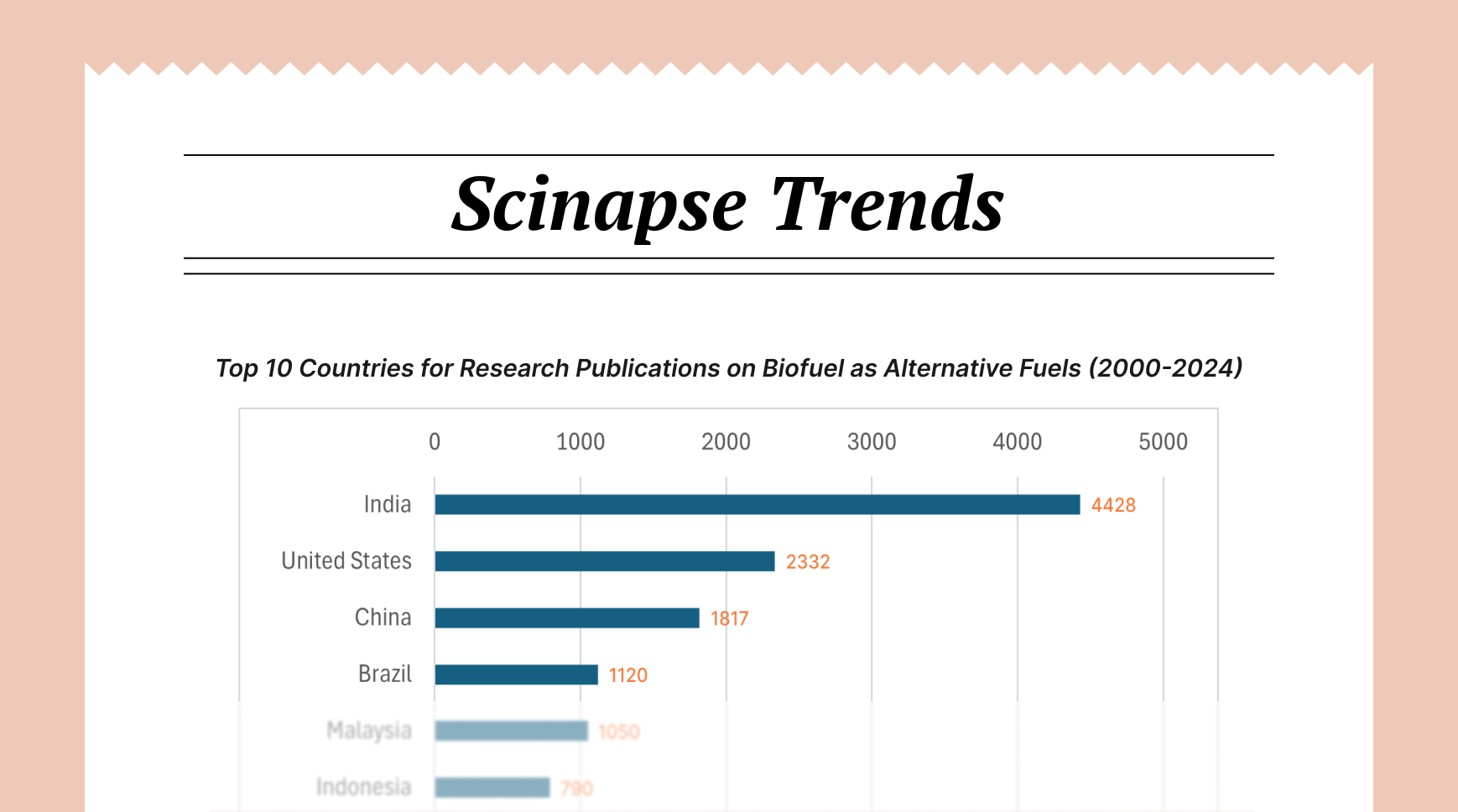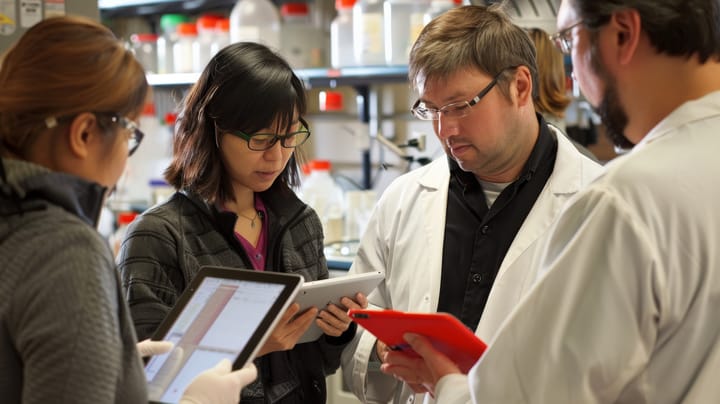Pharma Research In the Blind Spot — Are Regulatory Gaps Threatening Global Health?

Global pharma research is in constant flux, driven by a complex interplay of regulatory hurdles, economic pressures, and systemic inefficiencies — factors that pose a growing threat to the integrity of medical research and healthcare delivery. With my few years of working at the intersection of pharma research, medical communication, and global health, I have witnessed a stark reality: small countries and under-resourced health systems face disproportionate challenges in maintaining robust regulatory frameworks for medicines and medical technologies.[1]
Small Nations at the Crossroads of Global Health
A critical examination of regulatory capacities across different regions demonstrates that size matters – and not in the way one might expect. The Pan American Health Organization's comprehensive assessment shows a direct correlation between a country's population size, economic capacity, and its ability to effectively regulate medical research and pharmaceutical markets. Smaller nations, particularly in the Caribbean and Pacific regions, find themselves caught in a challenging regulatory squeeze.
The numbers say it all. Globally, only 26% of countries have stable, well-functioning regulatory systems. Another 23% operate with partially reactive approaches, while a significant 51% have only rudimentary regulatory elements.[2] This fragmentation creates a global landscape where medical research oversight is anything but uniform.
Economic Barriers to Global Pharma Research
Economic constraints compound these challenges as smaller markets often struggle to attract pharmaceutical manufacturers, creating a vicious cycle of limited medical innovation and reduced regulatory capacity. Some manufacturers simply choose not to operate in markets they deem commercially unattractive, leaving populations vulnerable to pharmaceutical supply uncertainties.
Considering the unique predicament of small states — with populations often under 1.5 million, these countries face multiple barriers. Their limited consumer base means fewer sales volumes, making them less appealing to large pharmaceutical manufacturers. Geographical isolation further diminishes commercial incentives. National health authorities in these regions typically employ only a handful of people, with constrained financial resources and limited pools of experienced regulatory professionals.
The supply chain disruptions exposed during the COVID-19 pandemic dramatically illustrated these systemic vulnerabilities. The global pharma industry scrambled to address unprecedented challenges, revealing deep-seated weaknesses in regulatory and distribution mechanisms.
Strengthening Global Health Through Regulatory Innovation: 4 Key Strategies
- Prioritizing critical regulatory functions like marketing authorization and market surveillance
- Leveraging digital technologies to streamline processes
- Implementing regionalized regulatory systems
- Adopting reliance mechanisms that recognize approvals from trusted international authorities
Digital Transformation Emerges As a Key Enabler in Pharma Research
The Caribbean Regulatory System (CRS) offers a compelling model. Managed by the Caribbean Public Health Agency, it provides a single-entry portal for market authorization serving 17 million people.2 By working collectively, these countries can achieve regulatory oversight that would be impossible individually.
The National Institutes of Health's struggles with unreported clinical trials – with nearly 39% of applicable funding going to grants with unpublished results – underscore the need for more rigorous accountability in medical research.[3]
Even the smallest and most resource-constrained countries can implement basic digital regulatory systems. Simple steps like creating a regulatory webpage, digitizing application processes, and establishing electronic filing can dramatically improve transparency and efficiency.
Can Pharma Research Drive Equitable Global Health?
The regulatory landscape of pharma research is not just about bureaucratic processes; it's about ensuring patient safety and equitable access to quality medicines. The World Health Organization estimates that medicines regulation is crucial for achieving Universal Health Coverage and Sustainable Development Goals.[4]
However, challenges persist. The pharmaceutical industry continues to grapple with resistance to change, complex data management, cybersecurity concerns, and the need for increasingly sophisticated regulatory approaches. The cost of a data breach in healthcare is significantly higher compared to other industries, adding another layer of complexity.
The path forward requires significant investment in modern technological solutions for pharmaceutical research
The journey towards comprehensive, equitable medical regulation is complex, but not impossible. It requires vision, collaboration, and a commitment to putting patient safety and access to quality global health at the forefront of our collective efforts.
As the pharmaceutical industry stands at a critical junction. Resistance to change, complex data management, and increasing cybersecurity threats are not just challenges – they're opportunities for transformative innovation.
But here's a question that is concerning for us all: In a world of increasing global interconnectedness, can we truly create a universal regulatory framework that balances innovation, patient safety, and economic realities? Or are we destined to perpetuate a system of haves and have-nots in pharmaceutical regulation?
The future of global health depends on our collective ability to answer this question.
References:
[1] https://iris.who.int/bitstream/handle/10665/373638/WHO-EURO-2023-8241-48013-71108-eng.pdf?
[2] https://gh.bmj.com/content/5/2/e001912
[3] https://www.transparimed.org/single-post/nih-research-waste
[4] https://gh.bmj.com/content/6/3/e004618.abstract
Author: Uttkarsha B
- AI-Ethicist and STM Research & Publishing Expert
Never re-search again.
Scinapse is made by researchers for researchers.
Join the next generation of research at ⏯️ https://scinapse.io/
Pluto Labs
Pluto Labs helps researchers focus on their research by improving several inefficiencies in the academic research process. We offer data-driven insights from academic papers, allowing users to easily obtain review-level results for their desired range of papers.
https://pluto.im/





Comments ()